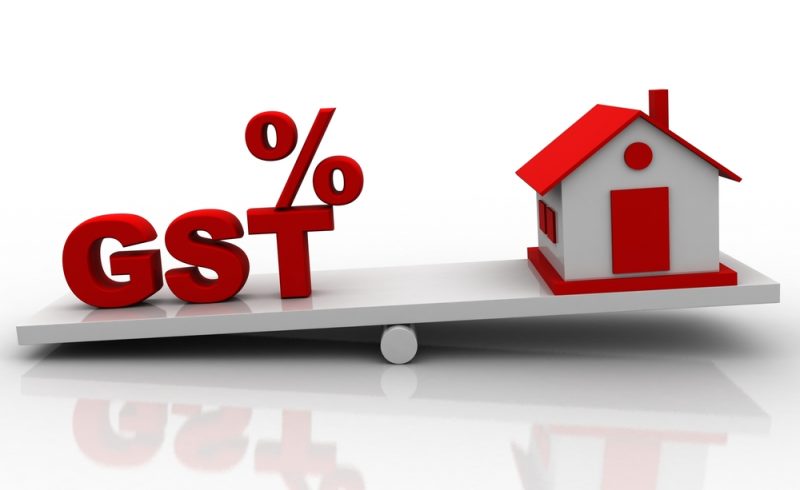7th August 2021
It’s one of those drizzly, grey Whangārei mornings. I’m driving to work, heading down the Kamo bypass, flicking the wipers on intermittently to sweep aside the water droplets collecting on the windscreen in enough density to be annoying. The road makes a slow arc to the right, so my vision falls on trees and scrub on the left side of the road. A mass of khaki green that hardly registers in the dull light—and then bursts of vibrant hot pink. The Taiwanese cherry trees are flush with flowers.
Maybe it’s the gloomy day. Maybe it’s my mood, but the contrast of the hot pink up against a dark background is startling. However, my initial appreciation is quickly tempered. Because I know the Taiwanese cherry is an invasive species, an escapee from suburban gardens on the run in our native forests. Some conservationists argue it needs to be eradicated. So if it’s beauty I’m seeing, it’s a tainted beauty. No fault of the cherry trees, they’re just doing what a plant does, trying to grow and reproduce.
When I’ve previously thought about these trees, at this time of year when they burst into flower, I’ve concluded that the hot pink is not to my taste. It’s a little too garish, the colour of marketing. If I were to design an aesthetic landscape that contrasted the darkness of the New Zealand bush with a prolific flowing tree, I’d prefer a whiter shade of pink. More like the Japanese cherry blossoms planted along George Street in Hikurangi. They would be a more subtle intrusion into the landscape, like the colour of a young girl’s frilly pink dress, not the hot pink leotard these Taiwanese cherries are wearing.
The road swings around, and I approach the bridge (Station Rd) that goes over the bypass. On the verges either side, framing the bridge, are more cherry trees and the bright yellow of flowering gorse. Two invasive species going toe-to-toe, doing a good job of blocking out any other plant from getting a look in. Continuing my drive, I’m noticing hot pink everywhere, especially along Western Hills Drive. The Taiwanese cherry is altering the look of the town.
Do I wish them gone? It might be possible to chop down or poison every last one, but would there be enough public pressure, or interest, for this to happen? It’s easily argued there are more pressing things to worry about and devote resources to. Yet, the tree is crowding out native plant species that provide food all year round for our native birds. The Taiwanese cherry—interloper that it is—only offers a food source for a few brief weeks.
Pondering this tree and what to do or not do about it, I realise that we’re not in control. Despite the obvious impact of the human species on the planet and our spilling of nature’s bountiful seed-box across continents, we’re not in charge. There’s some consolation in accepting this. Nature will find its way, with or without us. Nature certainly doesn’t care what we think. Nature is brutally amoral.
After parking the car on Second Ave, I walk, head down, to work in the rain, still thinking about the cherry trees and the possibility of them being the subject of this column. Then, at my feet, I slowly register dots of pink on the footpath. They’re tiny and spread out, like a giant had flicked a paintbrush up in the sky and scattered drips all along the path. I turn around. Sure enough, right by where I’ve parked the car is a large Taiwanese cherry in all its vibrant, invasive, lurid, natural and discordant glory.




